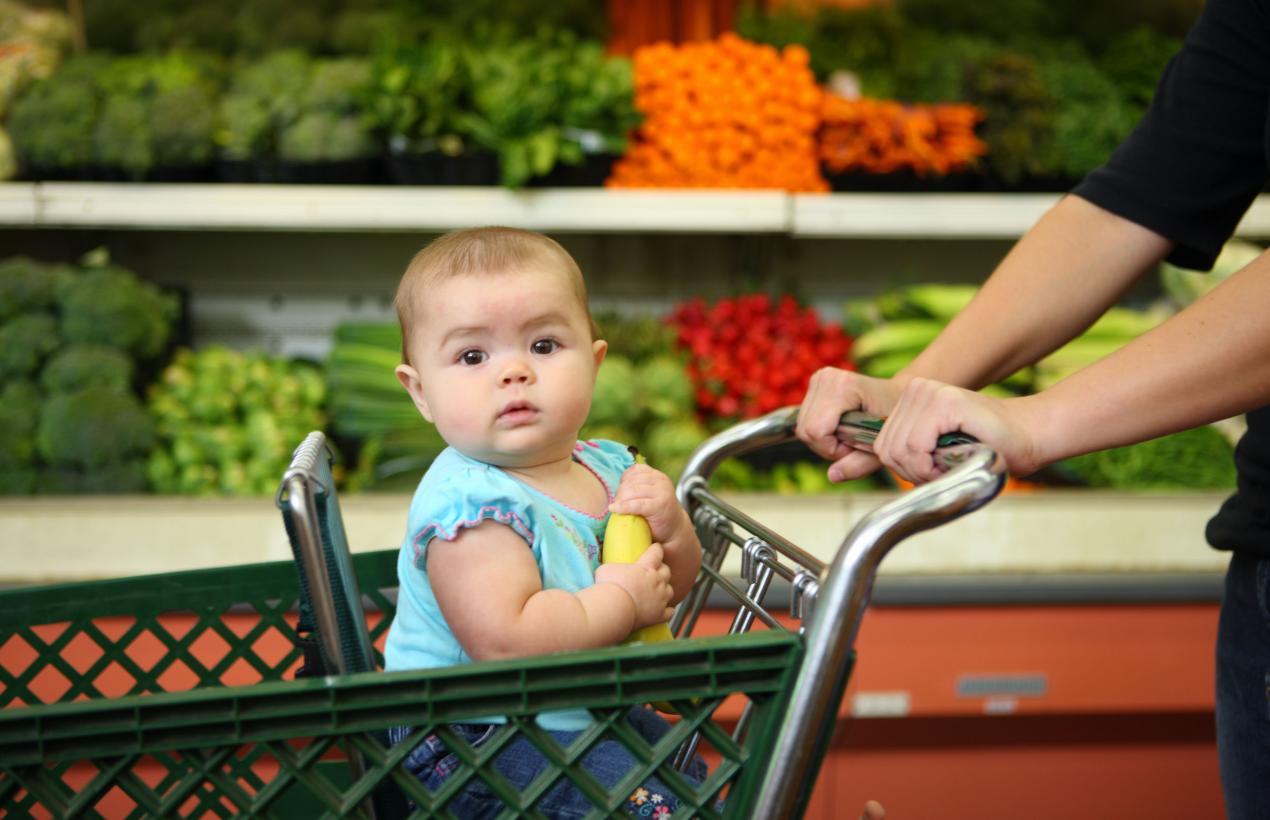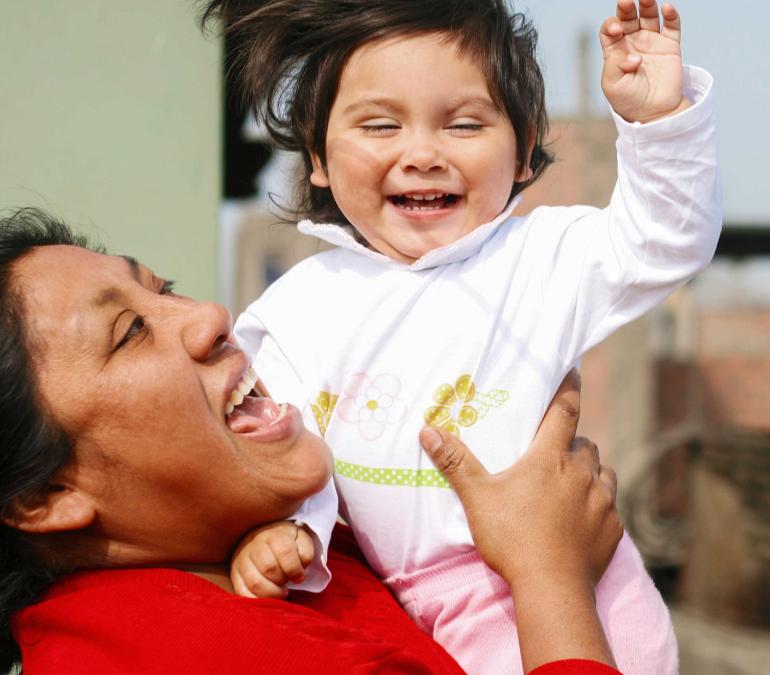
Advance Economic Opportunity
Unstable economic conditions, often rooted in historical and structural inequities, can serve as a persistent toxic stressor for families.
What We Know
The conditions in which people are born, grow, live, work and age are known as the social drivers of health. Economic security, including employment and the ability to earn living wages, are among these factors that can have a profound impact on health outcomes throughout one’s life course. Poverty often limits access to safe neighborhoods, healthy foods, high quality education and higher earning jobs, which have a direct impact on health outcomes.
Research shows a direct link between poverty and poor birth outcomes, including low-birthweight, psychosocial issues, malnutrition and low educational attainment. Poverty is also closely linked to infectious disease spread and impact, as demonstrated by the COVID-19 pandemic.

Maternal and Infant Health Impact
Communities of color experience higher levels of economic insecurity when compared to their White counterparts as a result of racist policies and practices, such as neighborhood red lining. The U.S. has fewer social safety nets compared to other developed, high-income countries, resulting in higher exposure to socioeconomic stressors and inequities in poor health outcomes.



15.9%
In 2019, 15.9% of women of childbearing age (15-44 years) lived below the poverty level in the U.S. – U.S. Census
News & Resources
Housing insecurity is a risk factor for birth-related complications. This resource from the National Association of Counties provides insight and context on the various U.S. federal programs created to support and increase the supply of affordable housing.

Economic insecurity is a risk factor for birth-related complications, and women of color experience the nation’s continuing gender wage gap most severely. This report from the National Partnership for Women and Families breaks down national gender wage gap data by race and ethnicity.

Good nutrition is crucial to ensuring health for birthing people and babies, before, during and after birth. Learn about U.S. Department of Agriculture programs through the National Institute of Food and Agriculture that help individuals, families and communities make informed choices about food and lifestyles that support their physiological health, economic and social well-being.


